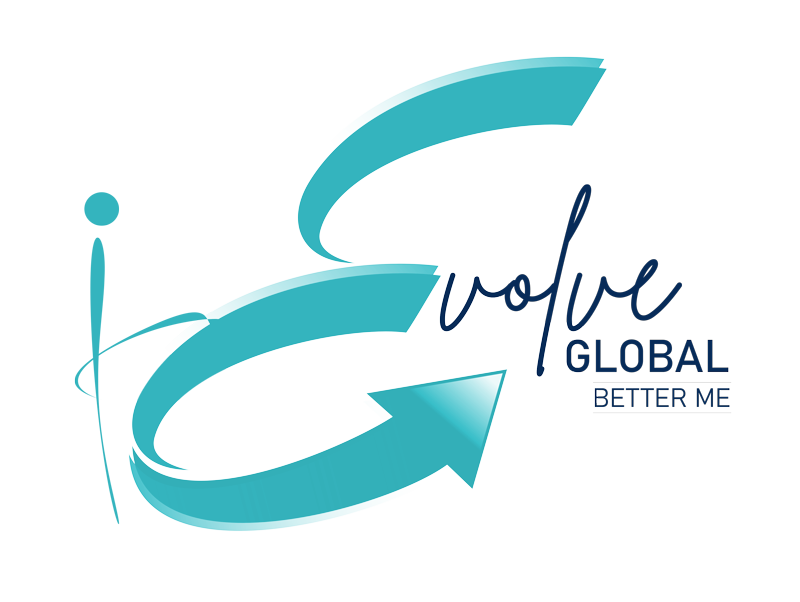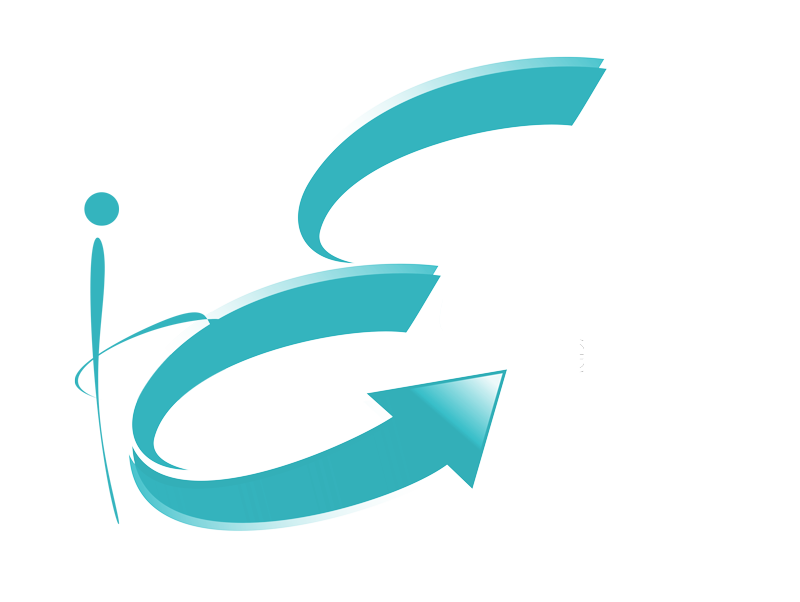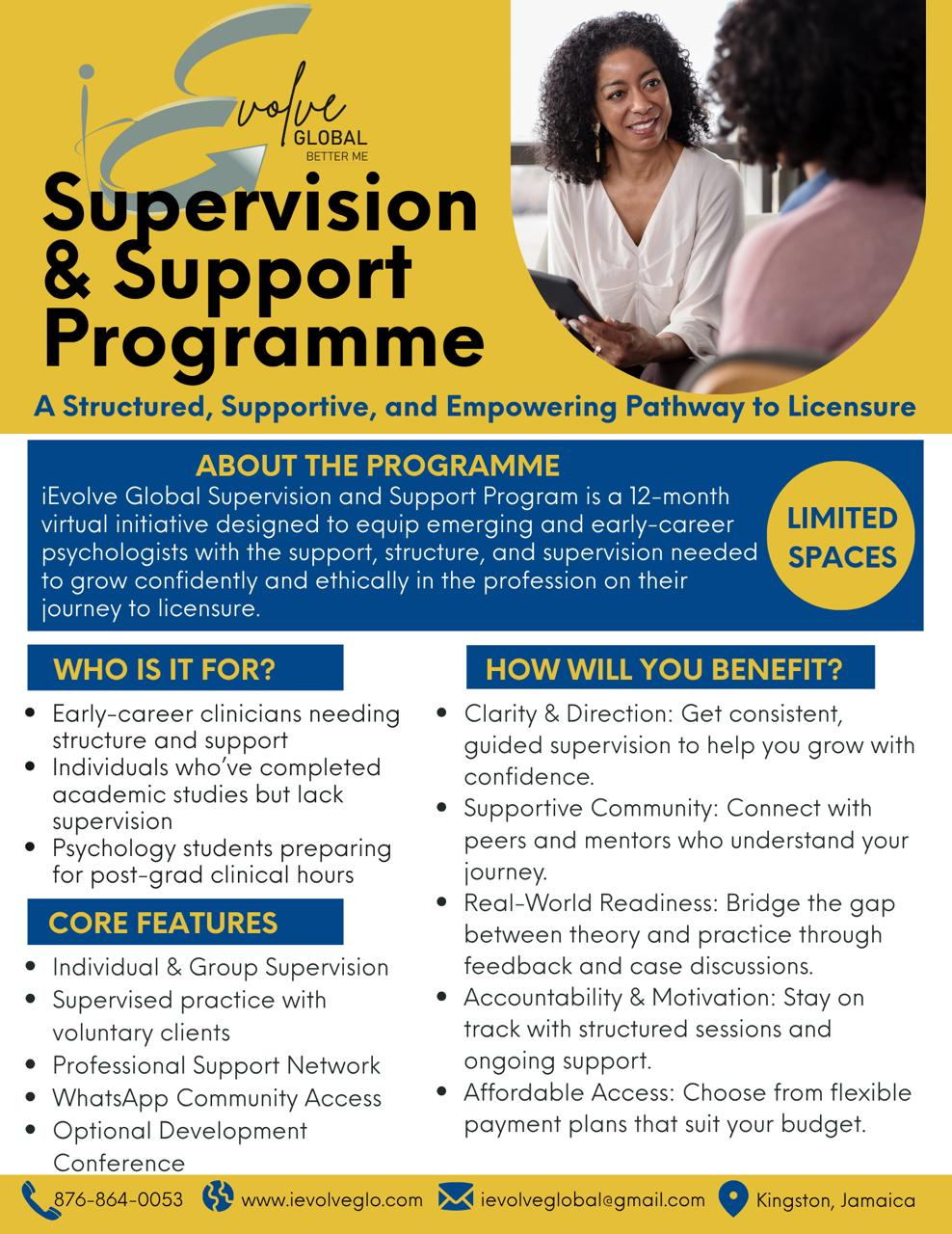SERVICES
We are here to provide you with the services that matter.
SERVICES
We are here to provide you with the services that matter.
iEvolve is an organization that provides a range of services to support individuals in their journey towards improved mental health, wellbeing and becoming the best YOU possible.
Hover & click on each tile to learn more.
Tap on each tile to learn more.
We are here...for You!

Speaking Engagements
Speakers available for trainings, seminars, conferences, graduations and panels. Our speakers are equipped and experienced at empowering and educating the audience with transformational and relevant content.
Contact Us for more info!

Coaching
Simply said, coaching is a process that aims to enhance performance by concentrating on the “here and now” rather than the distant past or future.

Mentorship
A mentor is “anyone who, typically through one-on-one personal contact, has a positive effect on another person.”

Counselling
It is a process in which a person, a couple, or a family meets with a qualified professional counsellor to discuss problems and challenges in their lives.

Speaking Engagements
Speakers available for trainings, seminars, conferences, graduations and panels. Our speakers are equipped and experienced at empowering and educating the audience with transformational and relevant content.
Contact Us for more info!
Coaching
Coaching is the process of maximizing an individual’s performance. Instead of instructing them, it aids their learning. in Coaching for Performance by John Whitmore.
Types of Coaching
Executive Coaching
Executive coaching focuses on individuals in leadership roles, such as senior managers and directors, where performance growth is a major priority. Coaching for leadership or performance are other names for it.
Enhancing performance, developing talents and abilities, and assisting someone in adjusting to new circumstances or a transition are the main objectives of executive coaching.
Clients are given the chance to reflect, gain a personal understanding of their strengths, work on their weaknesses, or address particular issues they find problematic during one-on-one sessions. This procedure has the potential to be a strong foundation for enhancing workplace performance.
Career Coaching
Anyone who is just beginning their career or has been in one for some time and wants to advance or make changes in their profession should consider career counseling.
Assessment of skills, knowledge of the labor market, comprehension of organizational procedures, identification of “good fits” in opportunities and career-based positions, and development of career transition plans are the main focuses of career coaching.
Clients gain understanding of the working environment and their own personal development through the career counseling process. Coaches work with clients in this area to help them create a career action place with the goal of improving employability.
Skills Coaching
By achieving predetermined deliverables and goals, skills coaching supports the improvement of current performance. It concentrates on: Identifying and fine-tuning career goals, flagging objectives within current responsibilities, recognizing the need for personal and professional development, and upskilling to enable improved performance related to completing particular responsibilities.
Individualized programs that are catered to a single person’s knowledge, experience, maturity, and goal are part of skills coaching sessions. The achievement of both personal and corporate goals is the main priority.
The coaches who oversee these programs often have training in the fields in which skills-transfer coaching is provided.
Relationship Coaching
Relationship coaching strives to help individuals, couples, and groups create relationships that are healthier and more meaningful.
Relationship coaching focuses on addressing current or potential relationship difficulties by: challenging presumptions; identifying behavioral patterns; establishing clear and healthy relationship boundaries; and learning new listening techniques, guidance on how to more effectively convey thoughts and feelings.
Participants in this kind of coaching will work on stress management, effective communication skills, and methods to improve their emotional wellness.
Personal Life Coaching
This specific type of coaching aims to assist those who want to bring about significant transformation in their lives.
Personal life coaches assist their clients in: exploring what they want out of life; defining attainable goals; and discovering solutions and ways to get there.
Emphasize and comprehend their own potential, abilities, and capabilities.
Discovering and using your strengths will be made possible via coaching.
This type of coaching helps people find solutions based on their own beliefs, preferences, and viewpoints. It is a technique that is more reflective than directive and aims to impart knowledge by asking questions and challenging
Mentorship
The mentoring relationship includes a mentor and a mentee. A mentor can also be one who offers knowledge, insight, perspective, or wisdom that is helpful to another person, in a relationship that goes beyond duty or responsibility.
What is a Mentee?
Anyone who wants to learn from an expert and seeks their wise counsel in order to advance personally, professionally. Anyone who desires to benefit from another’s experiences through guidance and support over a period of time.
The Relationship
- Mentors offer a secure setting free from judgment where mentees can reflect inwardly.
- Mentors don’t give advice; instead they give accurate feedback.
- Mentors help mentees become more self-directed by listening, collaborating and posing difficult questions.
- A relationship of trust and shared ideals is the foundation of mentoring.
Moving from a problem perspective to a vision orientation is a crucial stage in the process of creating an effective mentoring relationship.
Benefits to the Mentee:
- Gains direction and assistance from a reputable member;
- has possibilities for professional development;
- and gains confidence.
- Greater awareness of alternative working methods;
- Expansion of one’s network
- Having a confidential sounding board for ideas and difficulties.
What are the 3 A’s of mentorship?
The mentoring “three A’s” are accessibility, attentive listening, and analysis.
- A mentor should be available to you in terms of their time, experience, encouragement, comments, and guidance.
- When you speak, your mentor should remain silent, focused, and undistracted. This is known as active listening.
Good mentors should be able to understand what you’re saying and your circumstances in order to offer insightful feedback or recommendations that will help you advance
Counselling/Psychotherapy: Individual, Group, Family
What is counselling?
Professional counseling is non-judgmental and confidential.
Professional counseling is a safe and confidential collaboration between qualified counsellors and clients to enhance well-being and mental health, improve self-understanding, and address identified concerns. At every stage of the counseling process, clients take an active role. (The Psychotherapy and Counselling Federation of Australia).
What is the Counselling Process?
Individuals, couples, or family members engage in confidential discussions about their concerns with a professional counselor during the counseling process.
While the client determines how to resolve the concerns that brought them to counseling, the counsellor should offer understanding and empathy to the client. The counsellor will draw on tools and strategies from their training.
Goals will be determined during the counseling process, and this is what will guide the sessions. If the counselor and client agree that a change in the goals is advantageous, it may be done.
The purpose of counseling, which is usually client-centered, is for the client to decide the best course of action with the help of their therapist. The counselor can offer homework, suggestions, techniques and tools.
Counselling Modalities:
There are various therapeutic approaches; the most popular ones include individual therapy, group therapy, couples therapy, and family therapy.
Individual Therapy – A client engages in one-on-one work with a skilled therapist.
Group Therapy – Typically, 5 to 10 individuals participate in a group setting with a qualified group therapist to talk about a shared topic. (e.g., divorce, grief, eating disorders, substance abuse, or anger management).
Couples Therapy – involves two people who are in an intimate relationship and are attempting to work through their issues. The couple could be dating, in a relationship, engaged, or even married. The therapist aids them in resolving their issues and in putting solutions into practice that will result in a healthier and happier relationship.
Family Therapy – A specific type of group therapy is family therapy. A family or families make up the therapy group, in which the aim is to promote the growth of each individual family member and the family as a whole.
What is Psychotherapy?
Psychotherapy, also referred to as talk therapy, is a means to support people who are experiencing a wide range of emotional problems and mental diseases. Psychotherapy can aid in reducing or managing bothersome symptoms, allowing a person to operate more effectively and promoting healing.
The impact of trauma, disease, or loss, such as the loss of a loved one, as well as specific mental disorders like depression or anxiety are all issues that psychotherapy can help with. Psychotherapy comes in a variety of forms, and some of them may be more effective for particular concerns or problems than others. Medication or other therapies can be combined with psychotherapy.



